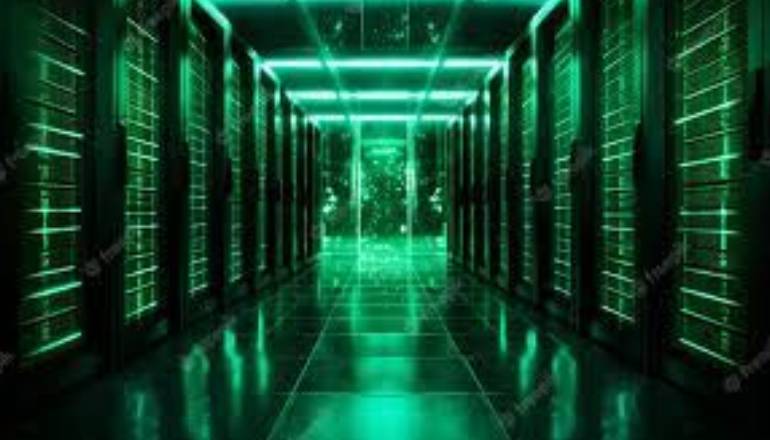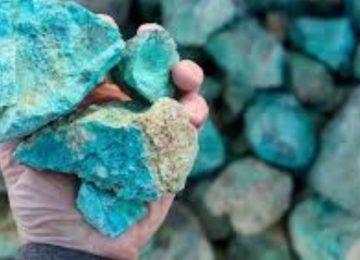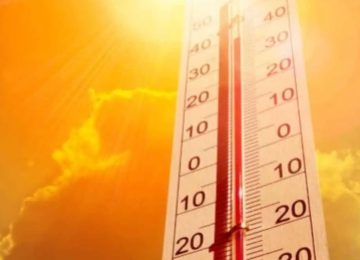The Ministry of Earth Sciences (MoES) in partnership with the World Bank recently released a report “India’s Blue Economy: Pathways for resource-efficient, inclusive, and resilient growth in India.”
The World Bank was the knowledge partner for the project. The report explores international best practices in implementing the Blue Economy, the ocean accounting framework, institutional strengthening, and creative financing mechanisms towards putting the Blue Economy Policy framework into practice.
As long as the Blue Economy strategy prioritizes sustainability and socioeconomic welfare, it has the potential to become the next great driver of economic growth and prosperity. It seeks to protect marine ecosystems and improve the lives of coastal communities, the report observes.
A whole ecosystem of cutting-edge, futuristic, and scientific research on all topics about the Blue Economy—that is, strategic, scientific, political, environmental, and economic interest—will be produced in India as a result of the Blue Economy, the report suggests.
India has a unique maritime position. Its 7,517 km long coastline and Exclusive Economic Zone (EEZ) of over two million square km is rich in living and non-living resources. The coastal economy also sustains over 4 million fisherfolk and other coastal communities.
With these vast maritime interests, the Blue Economy in India has a vital relationship with the nation’s economic growth. The efficient and sustainable use of ocean resources can enhance ocean-related capabilities, increase employment, and contribute to the UN Sustainable Development Goals while protecting the environment.
India’s ability to play a significant maritime role will be crucial as it strives to become a high-growth economy and simultaneously improve its capabilities to shape the geostrategic environment in its immediate and extended neighborhood. The full potential of marine resources, both living and non living, has not yet been fully investigated and utilized. A strong maritime economy supported by ports, coastal infrastructure, shipping, fishing, seaborne trade, offshore energy assets, tourism, undersea pipelines, communication cables, renewable energy, and seabed resources will also contribute to this ability, according to the report.
The Ministry of Earth Sciences hosted a consultative workshop on the status of the Blue Economy Pathways study report, involving representatives from various ministries and experts from the World Bank. The workshop discussed the collaborative role of each ministry in the report preparation.
Arranged by the Ministry of Earth Sciences (MoES), World Bank experts, representatives from the Ministry of Statistics and Program Implementation, the Ministry of Environment, Forest & Climate Change, the Ministry of Fisheries, Animal Husbandry and Dairying, Niti Aayog, the Ministry of Port Shipping and Waterways, and the Ministry of Tourism, attended the workshop.










